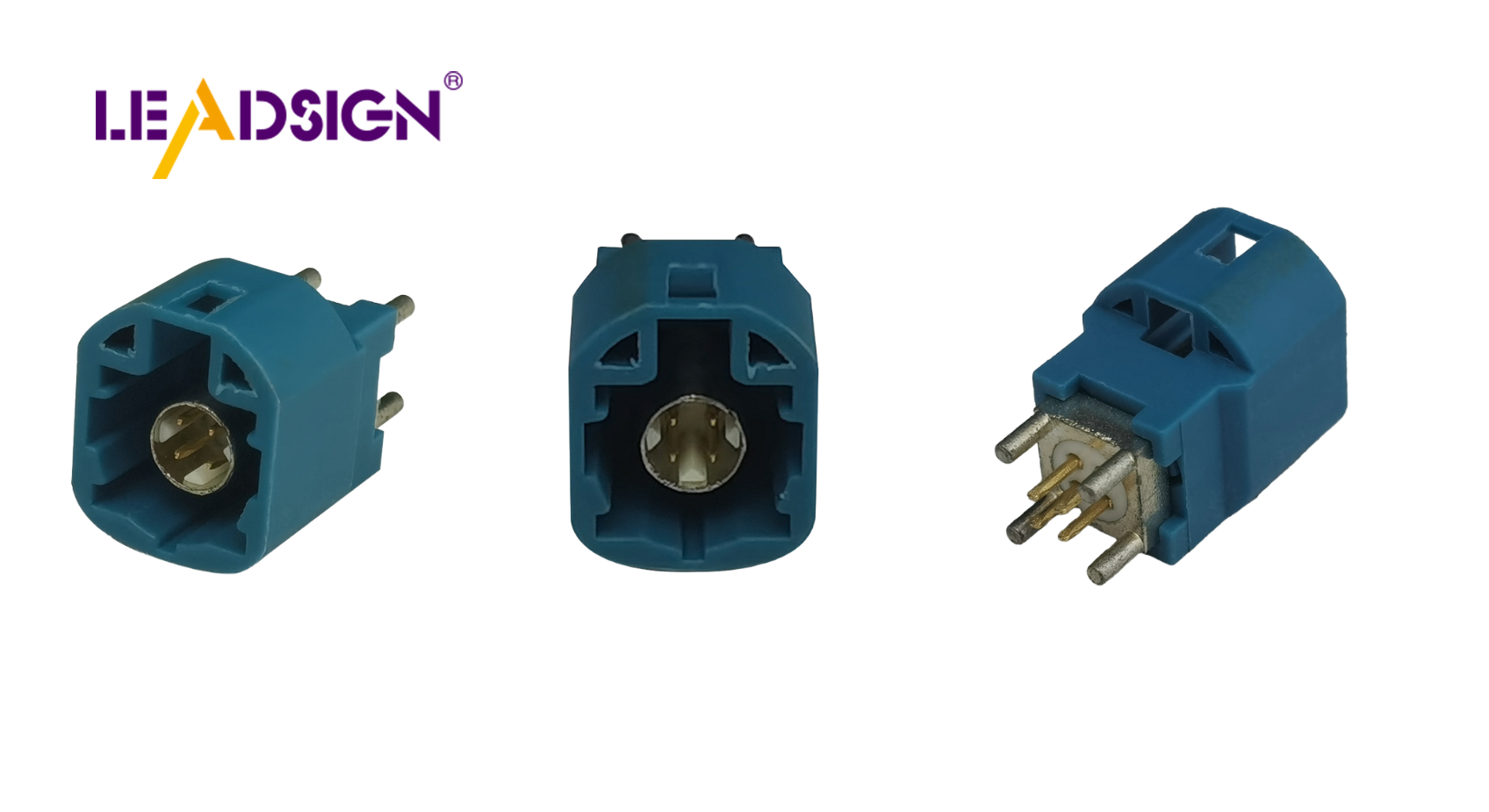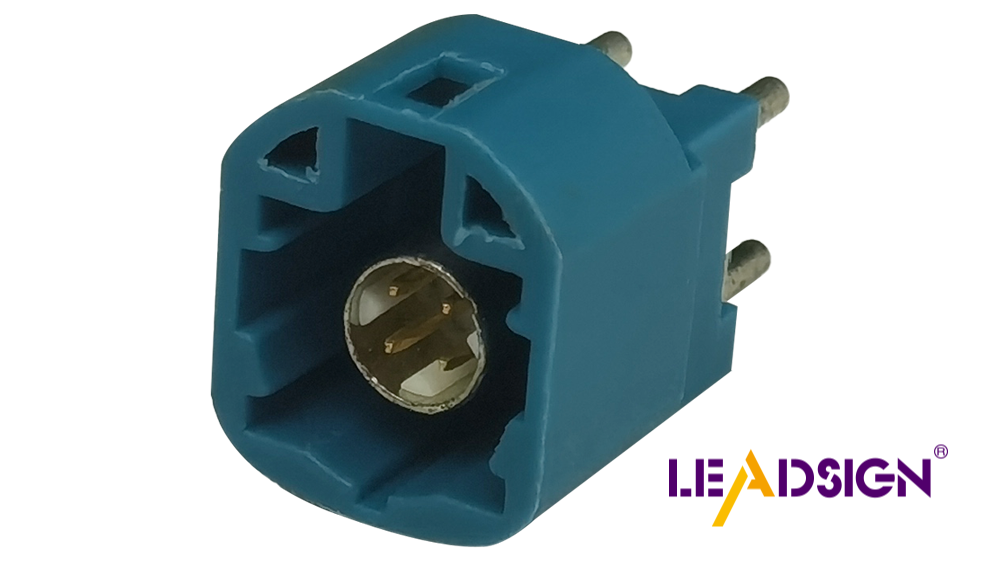Selecting Automotive Wire Connectors Types for Your Needs

Choosing the right automotive wire connectors types is crucial for ensuring your car's safety. These connectors play a vital role in ensuring that electrical connections function properly. Understanding the different types available can assist you in making informed decisions, ultimately contributing to the longevity and optimal performance of your vehicle.
Understanding Automotive Wire Connectors Types

Definition and Function
What are automotive wire connectors?
Automotive wire connectors are key parts of your car's electric system. They link wires, making sure connections are strong and safe. These connectors come in many shapes and sizes for different jobs. Using the right one keeps your car's circuits working well.
How do they function in vehicles?
In cars, wire connectors help electricity move between parts. They make sure power gets to everything, like lights and the engine control unit. Without them, the car's electrical system wouldn't work right. They also stop short circuits by keeping connections steady.
Common Automotive Wire Connectors Types
Butt Connectors
Butt connectors are very common types you will see often. They join two wires end-to-end for a smooth path for electricity. Use them to extend or fix wiring. Their design makes a strong link, lowering disconnection chances.
Ring Terminals
Ring terminals have a round end that fits over bolts or screws. They're good for grounding or linking wires to blocks. Their tight fit keeps connections secure even when things shake a lot.
Spade Terminals
Spade terminals, called fork terminals too, have forked ends for easy use. They're handy when you need to connect and disconnect wires often. Their shape is great for small spaces where it's hard to reach.
Bullet Connectors
Bullet connectors have male and female ends that snap together easily. They're used when quick connections are needed in cars. Their snug fit stops accidental disconnections from happening.
Knowing these connector types helps you choose wisely when fixing your car's electrical system. Each type has its own job, and picking the right one boosts your car’s safety and performance.
Things to Think About When Picking Wire Connectors
When picking car wire connectors, think about a few things. This helps them work well and stay safe.
Material and Strength
Why material matters
The stuff used in connectors affects how they work. Pick materials that conduct electricity well and last long. Copper, brass, and aluminum are common choices. Copper is best because it conducts well and bends easily. Brass and aluminum can also work, depending on the job.
How strong they are
Connectors need to be tough to handle rough conditions. Choose ones that are built strong with protective layers. For example, some have special seals to stop leaks and keep them safe. These features help them stay reliable even when it's tough outside.
Size and Fit
Matching size to wire thickness
Getting the right size is key for a good connection. Make sure the connector fits the wire's thickness snugly. Wrong sizes can cause bad connections or failures.
Making sure they fit your car
Make sure connectors fit your car's systems too. Check if they match the voltage and current needs of your car parts. Some brands offer connectors that work great for cars, fitting different systems well.
Weather Conditions
Handling heat
Connectors must handle hot or cold weather. Pick ones that don't melt or lose power in high heat.
Fighting water and rust
Water and rust can mess up connectors badly. Choose ones with waterproof seals or coatings against rust. These keep them working well for a long time.
By thinking about these things, you choose better wire connectors for your car. This keeps your car's electric parts safe and working right on the road.
Real-Life Uses and Suggestions
When picking automotive wire connectors types, think about how they will be used in your car. This makes sure your car's electric parts work well and safely.
Picking Connectors for Car Parts
Electric systems
For your car's electric parts, pick connectors that can handle the power needed. These parts need connectors that stay strong to stop any electric problems. Hermetically sealed connectors are great here. They last long and keep circuits safe over time. Using these good connectors lowers the chance of electric troubles that might hurt your car's work.
Lights systems
Car lights need connectors that can handle things like wetness and heat changes. Choose ones with covers or seals to stop rust and keep working well. These should also be easy to put in and fix because lights might need new bulbs often.
Tips for Putting Them In Right
Good crimping ways
To make a strong link, use good crimping when putting in wire connectors. A good crimp holds the wire tight, stopping it from coming loose. Use a tool made for the connector type you have. This helps press just right for a tight hold.
Making sure links are safe
Safe links are key for your car's electric parts to work best. After crimping, check if it's tight with no gaps showing. You can add heat shrink or tape for more cover against weather issues. This keeps the link strong even when it's rough outside.
By using these real-life tips, you can choose the best automotive wire connectors types for your car’s needs. This boosts safety and makes sure your car’s electric parts last longer and work better.
To finish, picking the right automotive wire connectors is important for your car's safety and how well it works. Keep these main ideas in mind:
Know the Types: Learn about different connector types like butt, ring, spade, and bullet connectors.
Think About Material and Size: Pick materials that last long and fit the wire size snugly.
Consider Conditions: Make sure connectors can handle things like heat and wetness.
By thinking about these things, you make your car's electrical systems work better and safer. Always choose what fits your needs best.
See Also
Enhancing Automotive Efficiency with HSD Connectors
Optimizing Automotive Performance using HFM Connectors
Benefits of HFM Connectors for Automotive Applications

